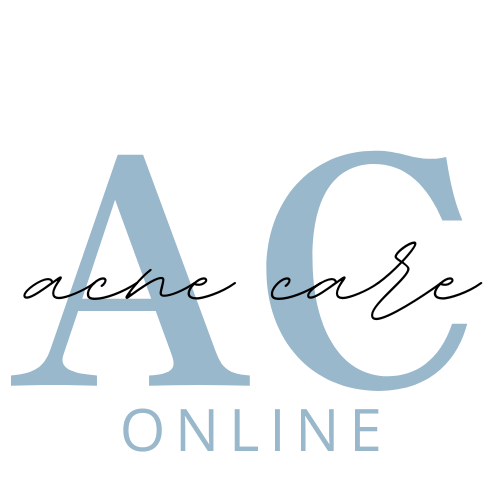The Great Skincare Debate: Exploring Controversial Topics and Differing Opinions

Skincare is a topic that sparks passionate discussions and debates among beauty enthusiasts, dermatologists, and skincare professionals alike. From the efficacy of certain ingredients to the best skincare routines and practices, there are numerous controversial topics that often elicit differing opinions. Let’s delve into some of the most hotly skincare debate issues in the world of skincare and explore the diverse perspectives surrounding them.
Chemical vs. Physical Sunscreens
One of the most contentious debates in skincare revolves around sunscreen formulations. Some argue that chemical sunscreens offer superior protection and are more cosmetically elegant, while others prefer physical sunscreens for their broader spectrum coverage and gentler ingredients. The debate continues over potential safety concerns and environmental impact.
Fragrance in Skincare Products
Fragrance is a common ingredient in many skincare products, prized for its ability to enhance the sensorial experience. However, fragrance can also be a source of irritation and allergic reactions for some individuals. The debate centers around whether fragrance should be include in skincare formulations, with proponents highlighting its benefits and detractors advocating for fragrance-free options.
The Role of Essential Oils
Essential oils have gained popularity in skincare for their purported therapeutic properties and aromatic benefits. However, opinions on their efficacy and safety vary widely. While some swear by the skin-soothing benefits of essential oils, others caution against their potential to cause sensitization and irritation, particularly in those with sensitive skin.
Over-the-Counter vs. Prescription Skincare
When it comes to treating skincare concerns such as acne, hyperpigmentation, and aging, there’s a debate over the efficacy of over-the-counter (OTC) products versus prescription-strength formulations. While OTC options are more accessible and affordable, prescription skincare may offer stronger concentrations of active ingredients and faster results, albeit with potential side effects.
The “Clean” Beauty Movement
The rise of the clean beauty movement has sparked discussions about ingredient transparency, sustainability, and ethical sourcing. Proponents advocate for skincare products free from potentially harmful ingredients such as parabens, sulfates, and phthalates, while skeptics question the scientific basis for clean beauty claims and the efficacy of alternative formulations.
Exfoliation: How Much is Too Much?
Exfoliation is a cornerstone of many skincare routines, prized for its ability to slough away dead skin cells and promote cell turnover. However, there’s debate over the frequency and intensity of exfoliation, with some cautioning against overuse of exfoliating acids and physical scrubs, which can lead to irritation, inflammation, and compromised skin barrier function.
The Benefits of Retinoids
Retinoids, derivatives of vitamin A, are hail as a gold standard ingredient in anti-aging skincare. They are prais for their ability to stimulate collagen production, increase cell turnover, and improve skin texture and tone. However, there’s debate over the potential side effects of retinoids, including dryness, irritation, and increased sensitivity to sunlight.
Conclusion
The world of skincare is fill with diverse opinions and conflicting viewpoints on a wide range of topics. While debates can be passionate and contentious, they ultimately contribute to a deeper understanding of skincare science and help individuals make informed decisions about their skincare routines. Regardless of where you stand on these controversial topics, it’s essential to prioritize skincare practices that align with your individual needs, preferences, and skin health goals.






